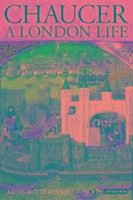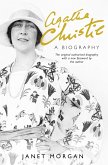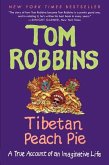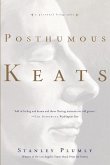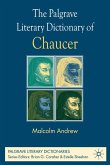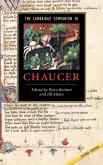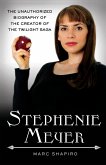Geoffrey Chaucer (c. 1340-1400) is celebrated as the father of English. Demonstrating for the first time that the English language had greatness and legitimacy, Chaucer's role in the rise of England's self-identity was iense. Yet there was more to Chaucer than national wordsmith. Clerk of the King's Works, and servant of the state, he lived in the seething streets and echoing alleyways of 14th century London. Through his works we hear the voices of everyday Londoners in a way that was not to be repeated until Pepys began his diary. This late medieval capital was a tense and febrile urban environment, convulsed by riot and climaxing in the shattering overthrow of a deserted king. It was also a city in constant and intimate contact with the continent. Chaucer travelled on court and diplomatic business right across Europe, and married a woman from the Low Countries. In this major new biography, the first for many years, Ardis Butterfield opens a window onto this pulsating city, placing the writer in vibrant context. She shows that Chaucer's major works, The Canterbury Tales and Troilus and Crysede, were not written in isolation from but in response to international ideas. London was an innovative capital at the centre of cultural and political events, populated by counities who were now encountering the daring new work of Dante, Petrarch and Boccaccio, written not in Latin but in these poets' own vernaculars. Far from being a narrowly national writer, Chaucer was cosmopolitan to the core, living, like modern-day Londoners, in one of the most exciting cities on earth.
Hinweis: Dieser Artikel kann nur an eine deutsche Lieferadresse ausgeliefert werden.
Hinweis: Dieser Artikel kann nur an eine deutsche Lieferadresse ausgeliefert werden.

